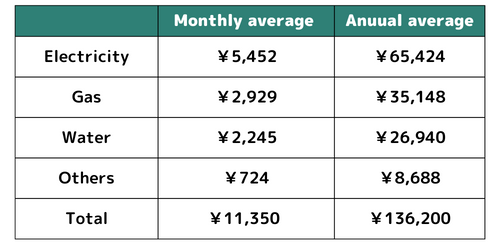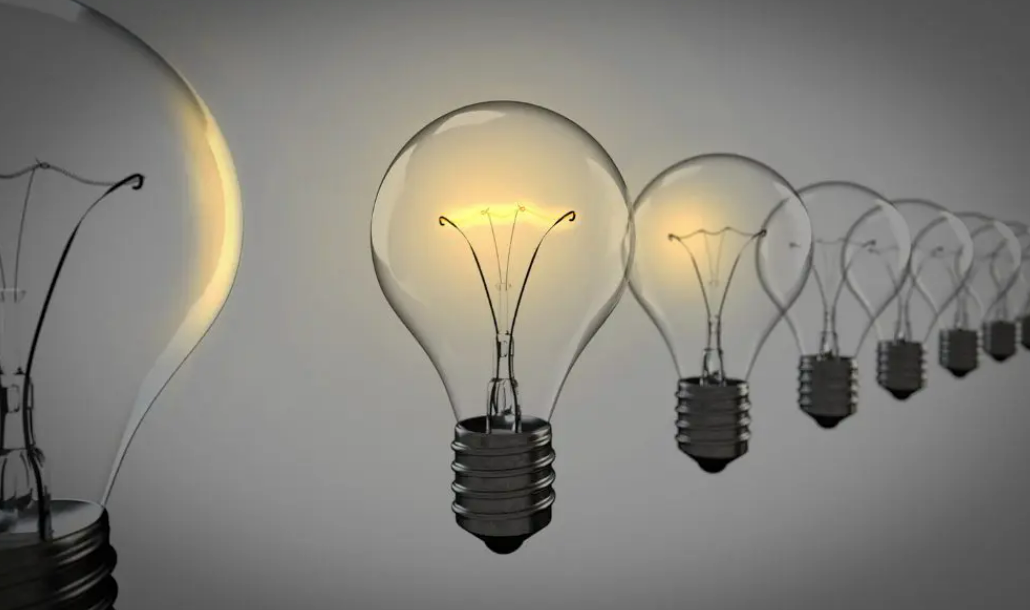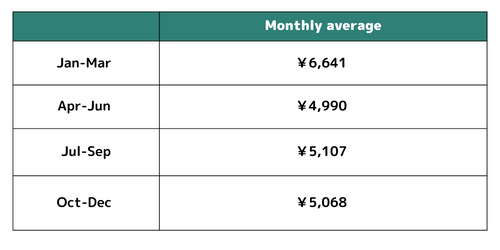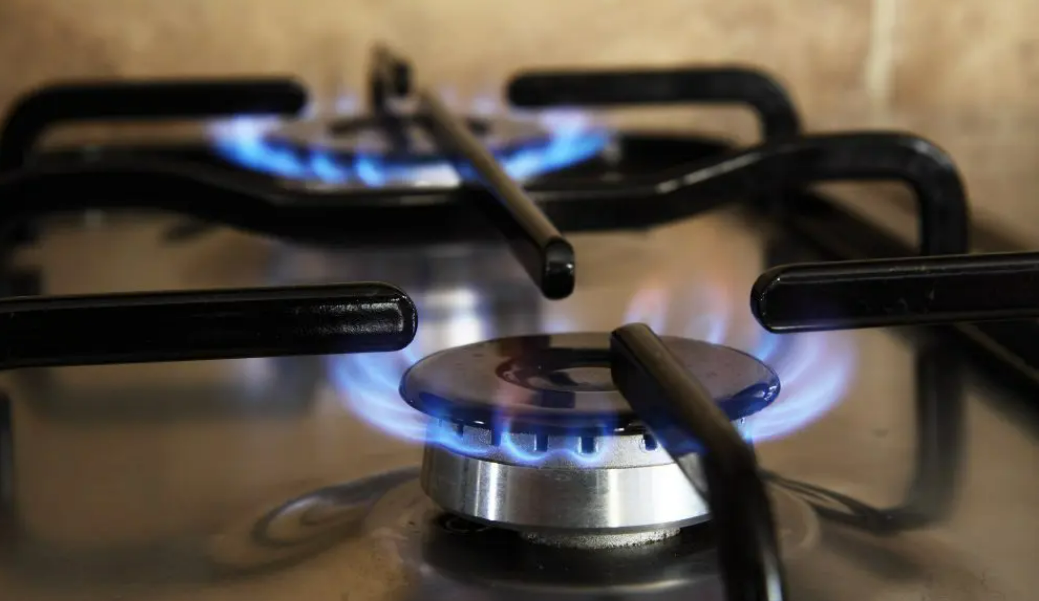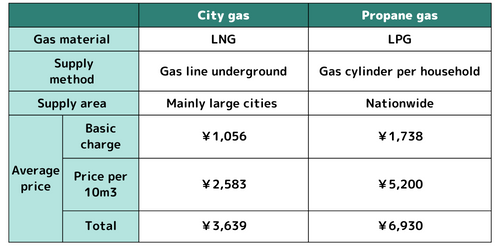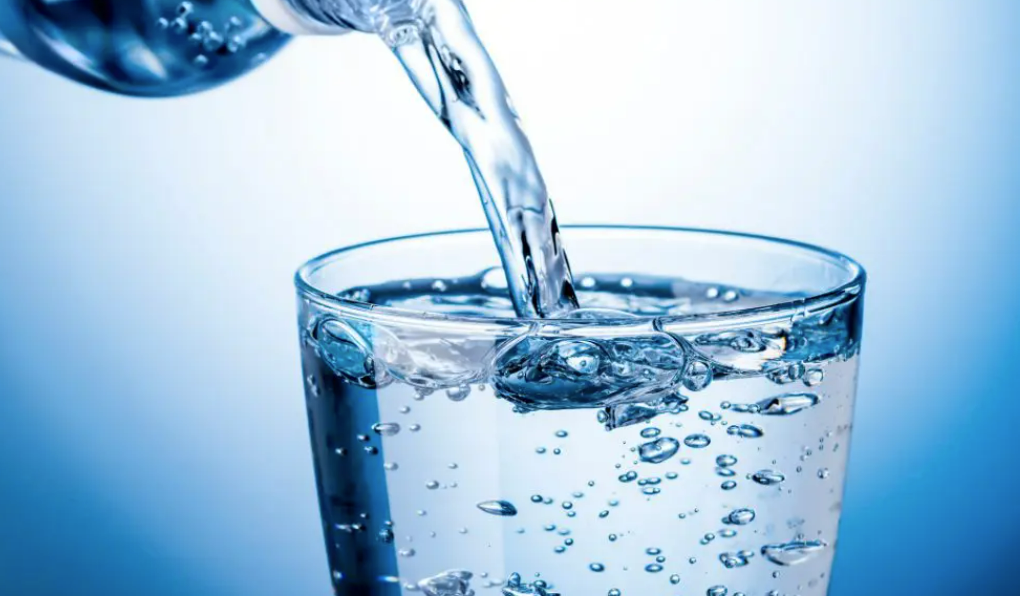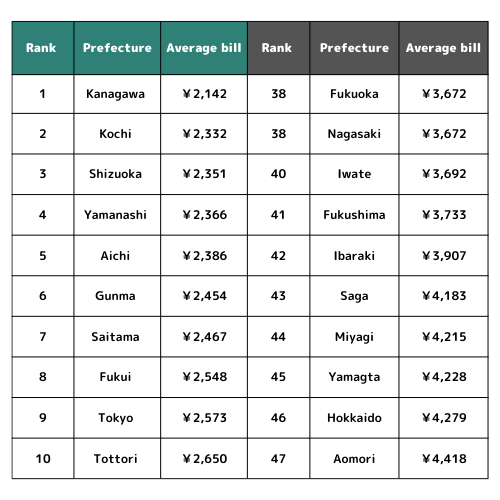Average Utility charge in Japan. How can you reduce your bill?
When you start living by yourself in Japan, you might be worrying about how much it will cost.
Of all the living expenses, utility expenses of lighting, gas, and water depending on the area, property, and the supply company. So your cost may become high if you do not know how it works.
Therefore, this article will introduce the market price of Japanese utility bills and how to keep them low as possible.
If you consider studying or working in Japan, please take a look.
Utility expence in Japan
Electricity, gas, and water contracts are necessary to start living by yourself in Japan.
In Japan, the charges related to these three services are mainly called utility charges “Koh-netsu-hi” in Japanese.
Utility costs are incurred in various situations of daily life, such as lighting, air conditioners, TVs, cookers, and showers.
According to the Ministry of Internal Affairs and Communications “Household Survey 2021”, the average monthly electricity bill for living alone in Japan is 5,452 yen, gas bill is 2,929 yen, and water bill is 2,245 the others (kerosene, etc.) are 724 yen. It means that the utility bill of 136,200 yen is the annual average bill for total utility cost.
*Monthly average of the utility bill
Utility costs are the necessary service for our daily lives, and because they are incurred as fixed costs every month, we want to keep them low as possible.
We want to introduce Japan’s electricity, gas, and water bills system and the points to keep them low!
Electricity bills
Due to the difference in weather seasons in Japan, electricity bill mostly varies depending on the season.
Especially in winter, the usage time of heating appliances increases, and the electricity bill tends to increase.
There is a tendency. Looking at the average monthly electricity bill in Japan, the electricity bill is high at 6,641 yen from January to March when the temperature is low. The electricity bill is down at 4,990 yen from April to June, a relatively comfortable season.
*Monthly average electricity bills
We recommend selecting the most suitable service company to reduce your electricity bill.
The Japanese government has allowed electricity distribution rights to various new private companies since April 2016. Before the reregulation, only electric power companies in each region (such as Tokyo Electric Power Company and Kansai Electric Power Company) could sell the electricity, and consumers could not choose which company to contract. So, now you can freely contract with your favorite service company that offers good pricing and service menus.
Now, various electricity service companies offer their plans, prices, and benefits so that you can subscribe to the best service matching your lifestyle.
If you look at the electricity service company’s websites, they will offer you the billing simulation according to your usage, procedures to cancel the existing contract if you already have one.
Gas bills
Gas bills in Japan tend to be higher than in other countries such as U.S., U.K or France.
(IEA「Energy Prices and Taxes 4th Quarter 2015」)
The major reason is that Japan relies on imports of gas fuel from far overseas.
There are usually two gas supplies in Japan, “propane gas” and “city gas.” In general, propane gas costs are higher than city gas since it includes labor costs for delivering and installing gas cylinders to each household or building.
When comparing the prices of Japan’s city gas and propane gas, city gas is overwhelmingly cheaper.
However, to use city gas, your apartments and condominiums must be compatible with city gas. Your building needs to have installed underground pipelines to supply city gas.
Since the cost of pipeline equipment for city gas is enormous, the gas supplier cannot recover their capital investment unless the area has densely populated to some extent. Therefore, in areas with few houses, there are many cases where authorities give up capital investment for city gas, in which case propane gas is the alternative.
In this way, if you do not know the difference between propane gas and city gas, your gas bill makes a difference of thousands of yen annually if you have to continue using propane gas.
We recommend checking whether it is city gas or propane gas at the time of housing contract and selecting an apartment or condominium that supports city gas for your lower gas bill.
Water bills
The water charge consists of “water supply charge + sewerage charge.”
The water charge is the charge for using the drinkable water from the faucet. On the other hand, the sewerage charge is for draining domestic wastewater used in toilets and kitchens into the sewage.
Since each municipality manages these water services, choosing a supply company like electricity and gas is impossible. In addition, please note that the charges vary depending on the water department of each municipality.
First of all, as a premise, water charges in Japan are covered by the user’s water charges, not taxes.
Therefore, water charges vary depending on the situation of the local government, such as water sources (groundwater, dams, river water), past water construction costs, and population density.
For water maintenance and equipment construction, the more densely populated areas are, the lower the cost per person is, so the water charges tend to be lower. In addition, water charges seem to be cheaper in areas where lakes and rivers, water sources, are nearby, even in rural areas.
Therefore, the water bill is relatively high in Hokkaido and Tohoku, where the population density is low. And in the Kanto region, where the population density is high or the Tokai area, where located near the water source, has a relatively low water bill.
* Ranking of water charges by prefecture (monthly bill of 13 mm pipe, per 20 m3)
You can check the water charges on the homepage of each local government.
Unlike electricity and gas charges, you cannot choose a service for water charges, but you can save on water charges by moving to a municipality with a low water charge.
Summary
- ①Electricity bill
Choose the low price electric power service company! - ②Gas fee
City gas compatible properties are better! - ③Water charges
Look for prefectures with low water charges!
Could you understand the market price of Japanese utility bills and how to keep them economical?
As mentioned above, in Japan, utility bills vary depending on the services provided, local governments, and the properties you select. Without knowing the system before choosing your rent, you may lose tens of thousands of yen a year.
When you live in Japan, consult with a real estate agent or try your research of each service before making a contract!


